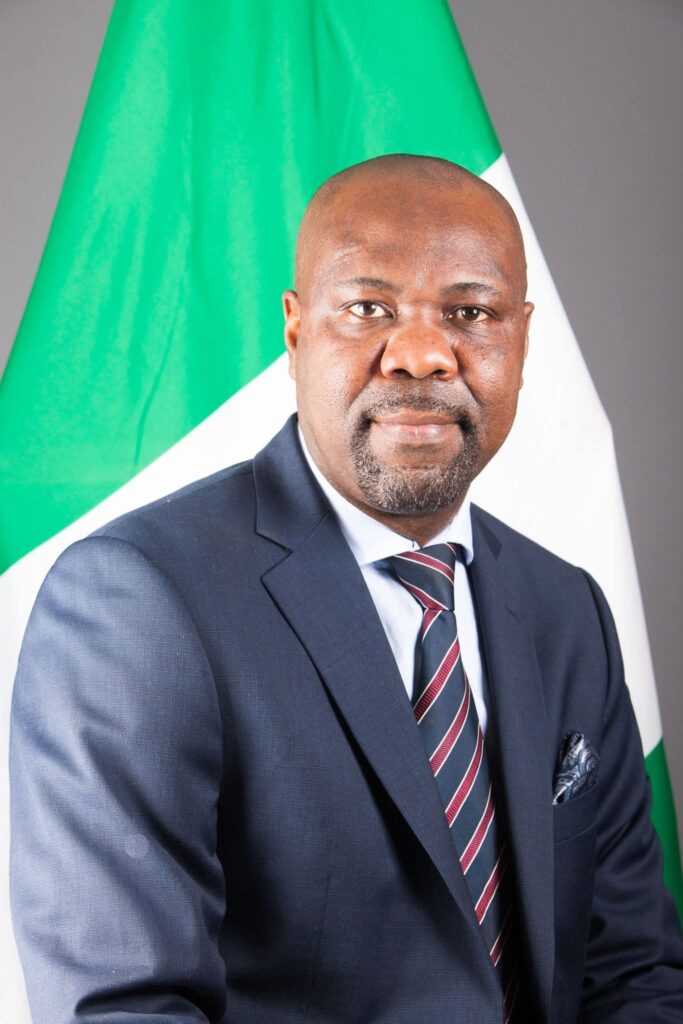
Gbandi
Hon Dr. Kenneth Gbandi is a politician, businessman, Nigerian leader in the diaspora, and media in publisher. He is the founder of African Heritage Magazine and the Executive Producer of Radio/TV programs. Gbandi with long-standing diaspora leadership, has served Nigeria in different capacities and is also actively driven in several positions. In this interview with media influencer, PEN MASTER (EMEKA ESOGBUE), Hon Dr. Kenneth Chibuogwu Gbandi in this thought-provoking interview makes several startling revelations about Nigerian and international politics. He believes that the Anioma region needs long-term initiatives in skill development, job creation, housing and other tangible community-level results. Gbandi also bares his mind on the difficulty of returnee-Nigerians to win elections in the country, rising travel costs, host-nation shifts and other related issues. Excerpts:
Once again, Hon Dr. Gbandi, it’s a privilege, to speak with you after our last media chat. Well, I believe our readers will like to know you.
Yes, thank you very much, Pen Masters. I am Hon. (Dr.) Kenneth Chibuogwu Gbandi, a businessman, media publisher, and long-standing advocate for Nigerians in the Diaspora. I am the founder of African Heritage Magazine and the Executive Producer of Heritage Radio and TV programs, the longest running African format program on a German TV network. Over the past two decades, I have held several leadership positions within Nigerian Diaspora organizations across Europe, including serving as the President of Nigerians in Diaspora Germany, Continental Chairman of the Nigerians in Diaspora Organisation (NIDO) Europe. I was also an elected member of the Hamburg Senate Foreigners’ Advisory Council, where I served as Chairman of the House Committee on Anti-Discrimination. I remain actively engaged in Diaspora driven investment projects such as the Diaspora City Housing Initiative, the Abuja Emerging Global City Project, and various empowerment programs across Delta North and my hometown, Akwukwu-Igbo.
If you remember very well, our last media chat was just ahead of the election into the nation’s senatorial positions and you were one of those candidates and your district was Delta North in Delta State. Well, the elections have come and gone. What is your personal evaluation of the state of political affairs in your Anioma?
Anioma’s political landscape remains vibrant yet unsettled.
There is commendable civic engagement and a rising demand for accountable leadership which is not surprising considering the level of literacy in Anioma nation, however, persistent fault lines including local power struggles, candidate fragmentation, and entrenched clientelism continue to hinder steady progress. What Anioma needs now are practical, long-term initiatives focused on skills development, job creation, and housing, driven by leaders who can translate promises into measurable results at the community level and not leaders that are imposed by Godfathers.
Okay, thank you, Honourable but does this also apply to Nigeria as a whole? To a large extent, yes. Nigeria’s core challenges of outdated constitution, insecurity, unprecedented economic hardship caused by policy somersaults, weak institutions, and governance deficits are national in scope. While some regions, such as Abia State and a few others in the South, have demonstrated relatively better governance and stability, the fundamental solutions remain the same. A comprehensive constitutional and electoral reforms, stronger institutions, development-driven projects that create jobs, and political leaders who place service to the people above self-interest will be the lasting panacea.
Now, from your blueprints widely circulated at the time, some of your critics admitted that you had one of the brightest manifestations of a senatorial candidate, ideas and integrity but that you probably needed to be in Labour Party or APC of the time, to emerge as the people’s choice at the polls. Do you share this view?
Well, I share the view that elections in Nigeria are driven as much by organizations, financial networks, and local alliances as they are by ideas. I do not deny that party structure and grassroots mobilization are crucial, being in a political vehicle with deep local reach can indeed be decisive. However, this should never diminish the value of ideas, principles, and integrity. The true win-win formula lies in combining the right candidates with solid ground-level organization. In my opinion, we must focus on building better ideas and investing in candidates who embody inclusiveness and credibility, rather than voting purely along party lines. Before the 2023 elections, many told me that Delta State was exclusively a PDP stronghold and that no other party could win. Yet, both before and after the polls, that narrative changed. The Labour Party (LP) made unexpected inroads, and the political landscape shifted dramatically and Delta went to bed as PDP, woke up as APC, and LP became now internally divided. Through it all, the African Democratic Congress (ADC) has remained steadfast in its ideology and vision. Consistency, persistence, and integrity remain virtues that time will always vindicate.
Gbandi, you are a Nigerian leader in the Diaspora. Do you also believe in this alleged American policy of transferring foreign prisoners to other countries?
As a Diaspora leader, I firmly believe that migration management, law enforcement, and consular protections must always uphold human rights and adhere to international law. Any policy that undermines due process or shifts responsibilities without clear legal frameworks and safeguards inevitably invites abuse. Where prisoner transfers are considered, such actions must be transparent, lawful, and ensure fair treatment for all parties involved. Broadly speaking, I advocate for multilateral, humane, and cooperative approaches to migration, not unilateral actions that often create more problems than they solve. It is also important to acknowledge that many of today’s migration crises have roots in the foreign policies of the United States and other Western nations, from the removal of Saddam Hussein to the destabilization of Libya, Sudan, and Afghanistan and so on. These interventions have left deep scars across regions, and it would be both unjust and irresponsible for the same actors to shift the consequences of those actions onto other nations through prisoner transfers or restrictive migration policies.
Again, on the foreign scene, recent commentaries in America bothers on terrorism targeted at Christians in Nigeria. How true is this claim in your view?
Pen Master, I can tell you that Nigeria’s security crisis is deeply complex. Terrorists and criminal groups have targeted churches and Christian communities, but they have also attacked Muslim populations, markets, and entire villages. Much of the violence is opportunistic, driven by insurgency, banditry, and communal conflicts rather than a centrally orchestrated campaign to eliminate any single faith. International and local reports often emphasize different aspects, which is why we must be cautious with labels such as “genocide.” The prudent approach is to recognize victims across all faiths, demand credible investigations, and insist on effective protection and justice for every community. That said, it is undeniable that many of these horrific attacks occur more frequently in predominantly Christian regions, creating the impression of a religious agenda. Successive governments have too often paid lip service to these tragedies instead of addressing their root causes. The government must take responsibility and decisive action, particularly on the issue of open grazing, which continues to provide cover for armed banditry and fulfill its primary duty of safeguarding the lives and property of all Nigerians.
Again, Nigerians living in the diaspora have often complained about mistreatments in these countries especially in western nations. Are you, as a leader bothered about this?
My dear Pen Master, I am very concerned. Mistreatment of Nigerians abroad takes many forms from profiling and hostile immigration enforcement to workplace discrimination and inadequate consular support. Diaspora leaders must not only document these incidents but also engage host governments, collaborate with legal and human rights organizations, and press Nigerian missions to offer stronger and more responsive assistance. The Nigerian Diaspora community is among the most educated and resourceful in the world, rich in both financial and human capital. Yet, unlike many other nations, Nigeria’s development agenda has rarely been centered around its citizens. As a result, over 30 million Nigerians abroad often feel that their government does not take them seriously. Nigeria remains one of the few countries without Diaspora voting rights, and even after more than five years since its establishment, NiNIDCOM still operates without a functional board despite the billions of dollars in annual remittances from Nigerians abroad. It is therefore unsurprising that some Western nations feel little pressure to treat Nigerians fairly when their own government shows limited regard for them. Truly, charity must begin at home. My work with NIDO, the African-German Information Centre, and in collaboration with organizations such as GIZ, the EU Erasmus Programme, and the German Federal Foreign Office, has focused on advocacy, legal awareness, and building supportive networks to protect Nigerians abroad. These experiences continue to guide and inspire my commitment to defending the rights and dignity of demographic minorities within the Diaspora.


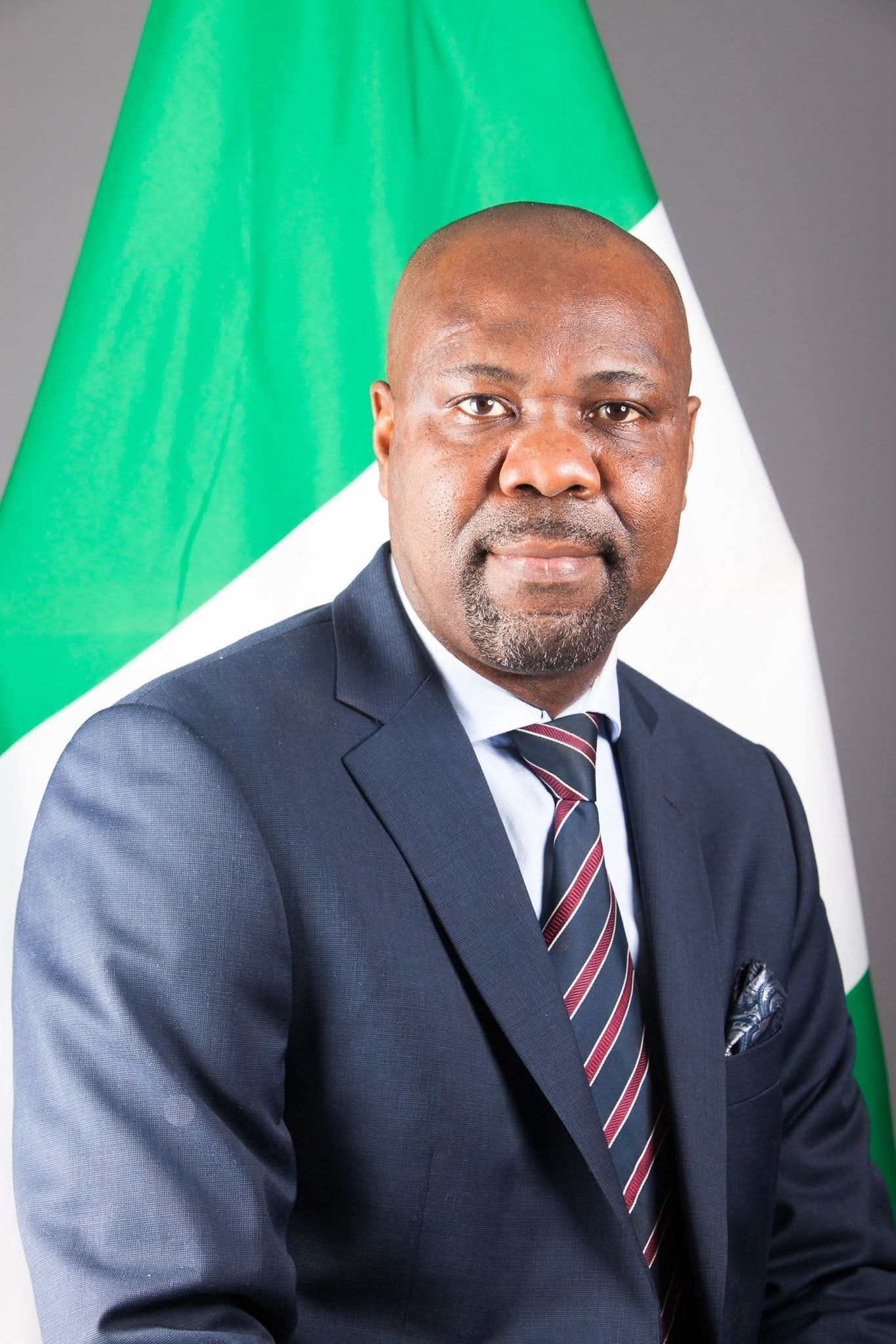
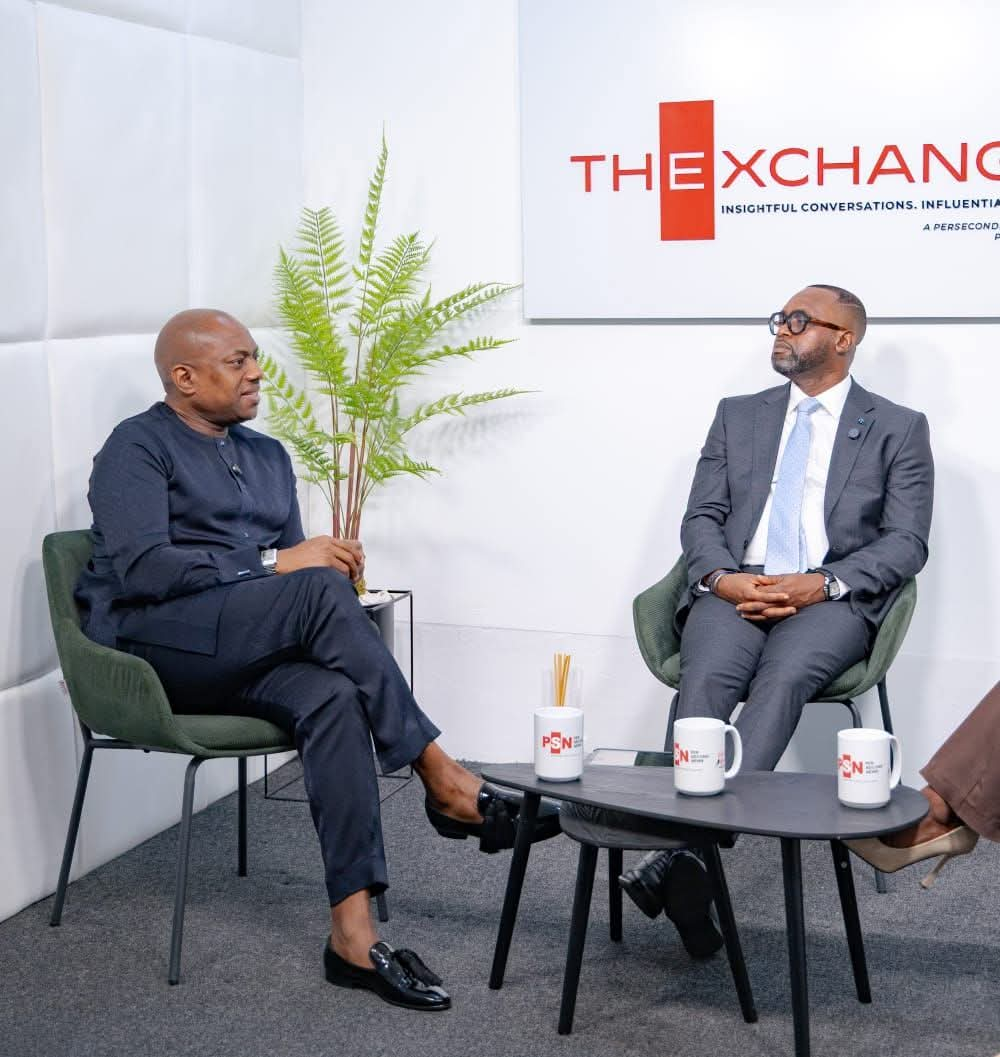

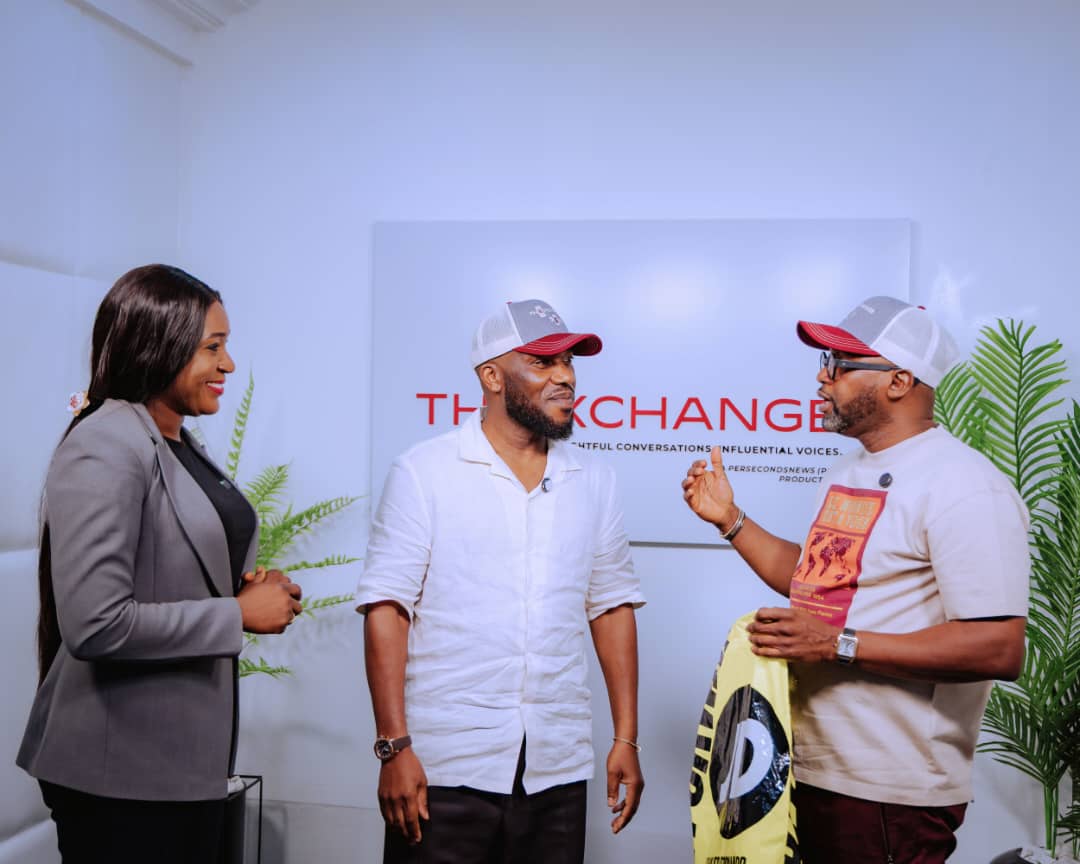

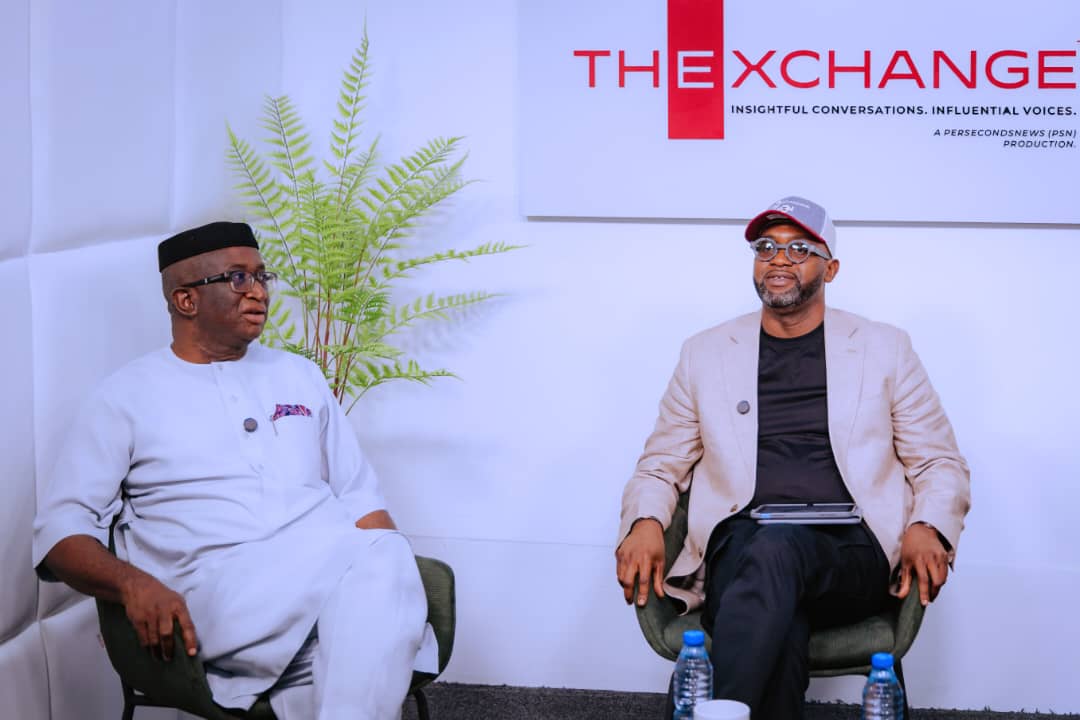

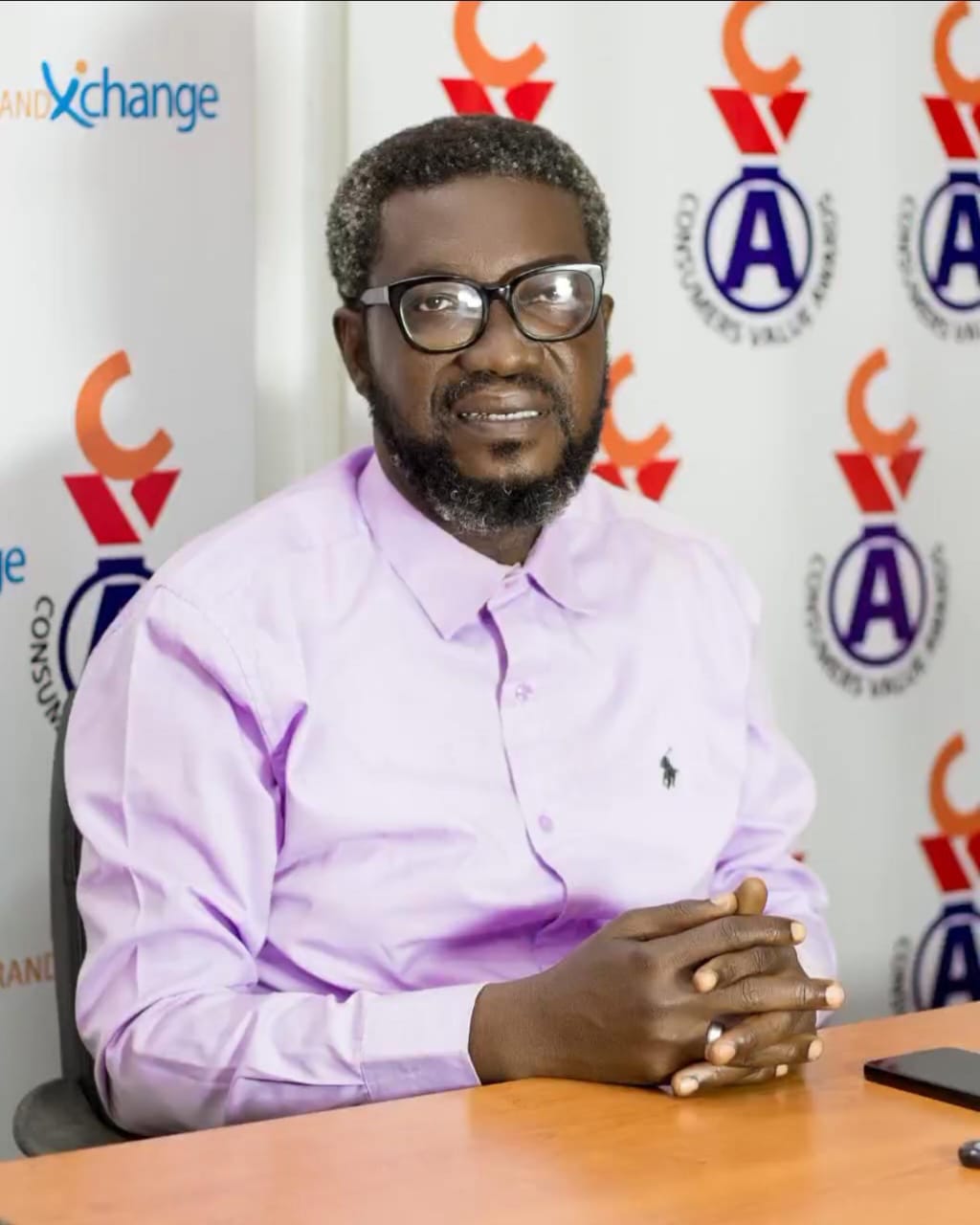



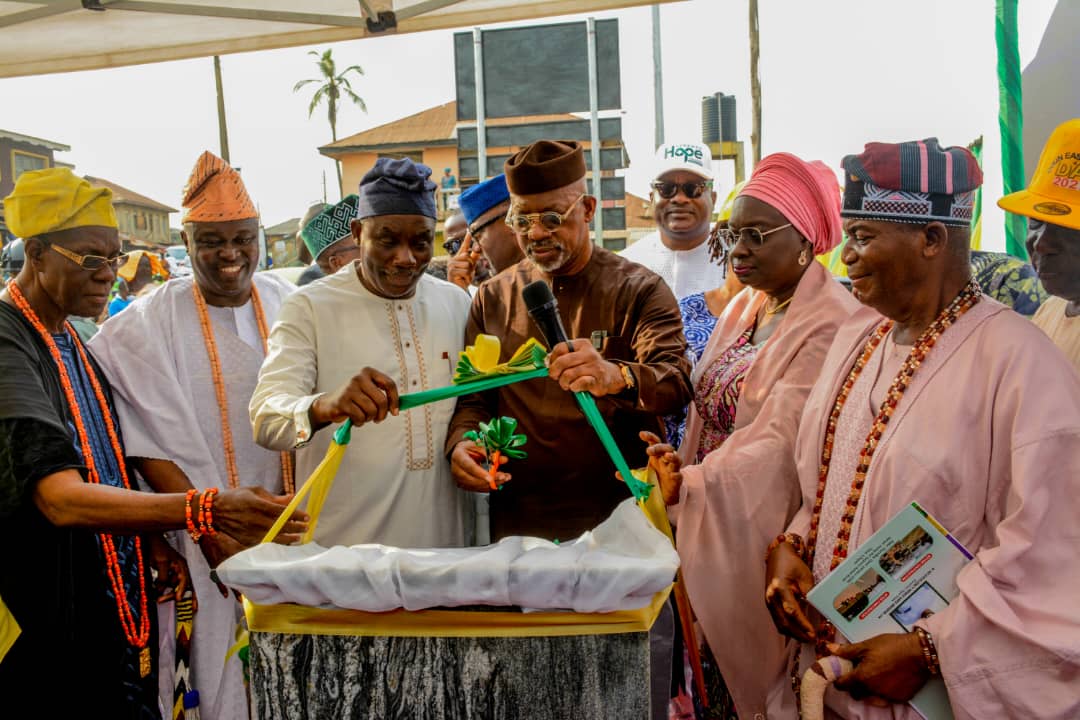
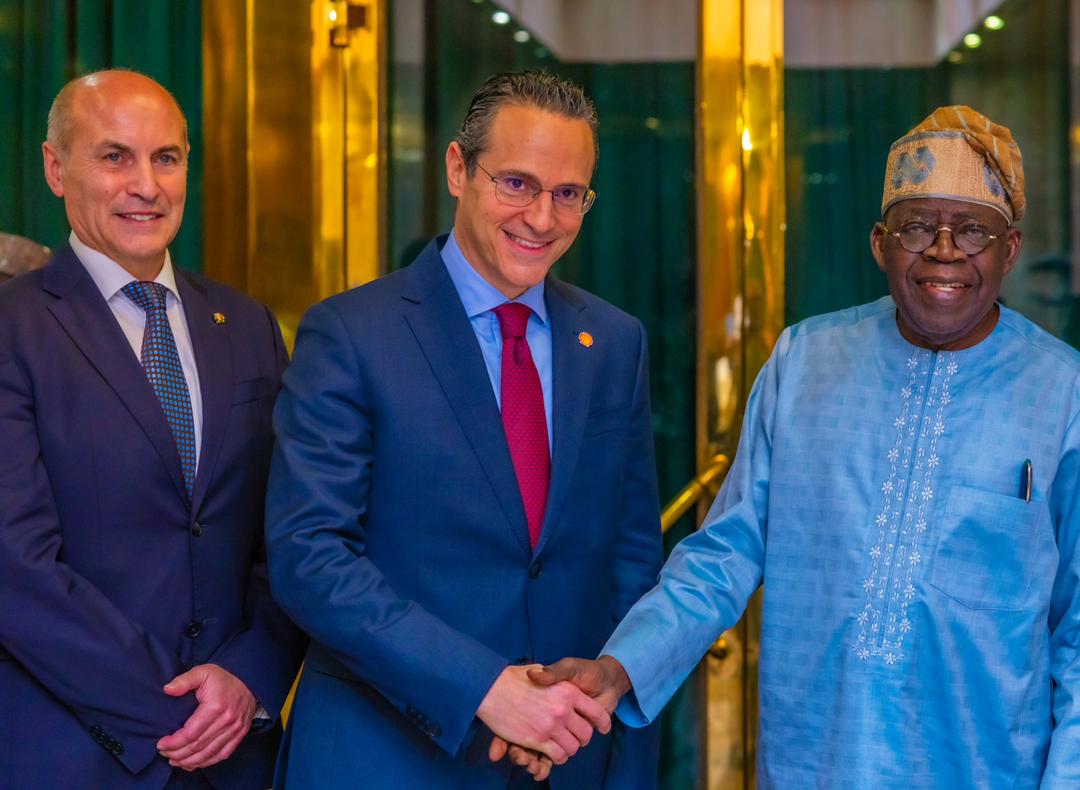

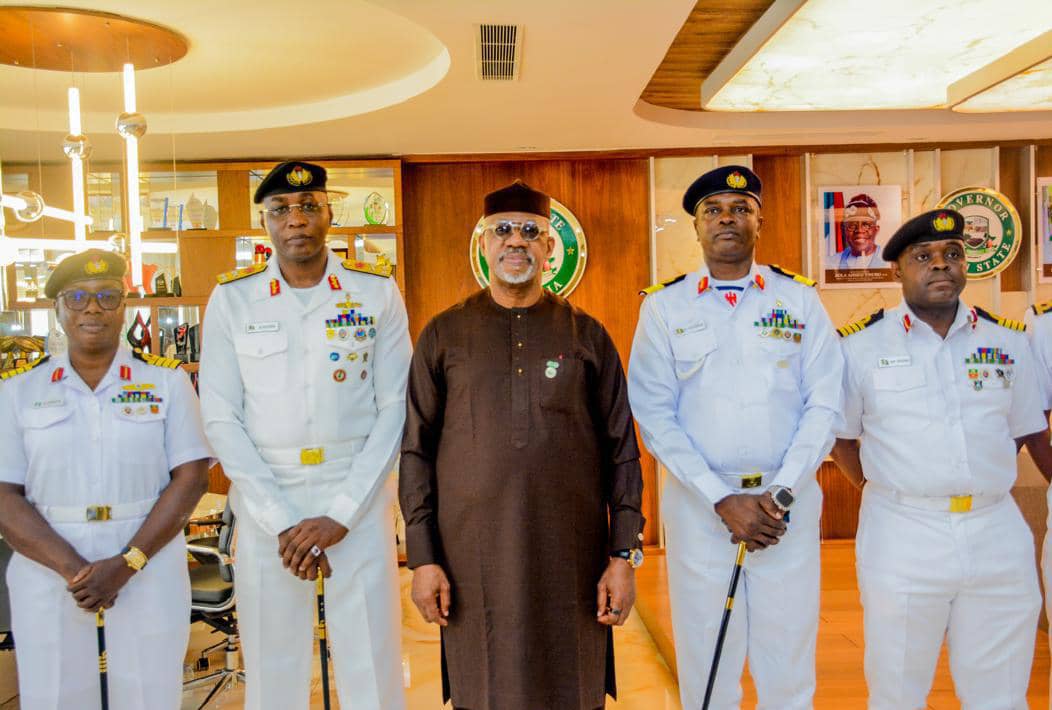
Leave a Reply